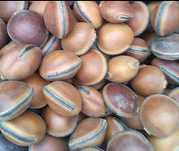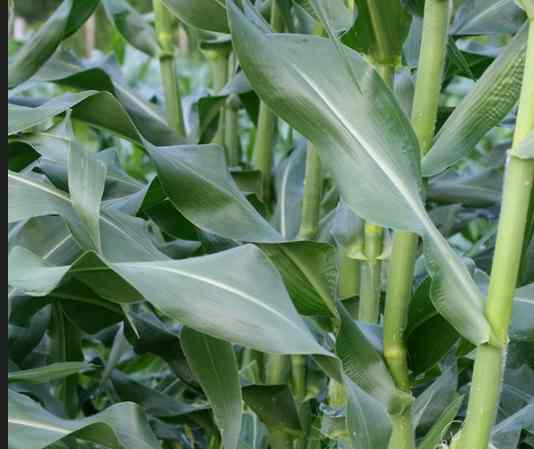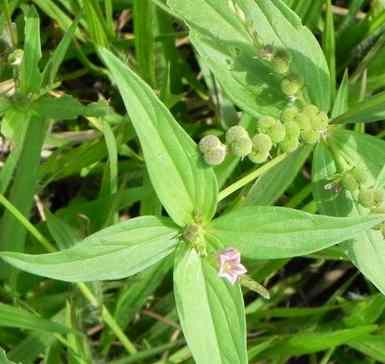
support@yorubalibrary.com
+2348073529208, 07038599574

One Yoruba proverbs says "Ajatuka ni ti agba-arin". Agbà-arin is a powerful medicinal plant widely used in Yoruba traditional medicine for its healing potency and restorative functions. Native to tropical regions, this plant is especially treasured across Yoruba communities for its use in fertility enhancement, treatment of inflammation, and general body wellness. The seeds, nut and leaves are the most commonly used parts of Agba-arin, often featured in herbal decoctions and traditional remedies for male and female reproductive health.
This plant is a climbing legume that grows in the wild, often found twining around trees and shrubs in forested areas or near farms. Its dark seeds are also commonly known and used beyond Yoruba land due to their strong therapeutic potential. In Yoruba healing practice, Agba-arin is considered a strengthening herb that restores vitality, purifies the blood, and enhances sexual performance.
In this article, we will look into the key characteristics, functions, and medicinal uses of Agba-arin. Whether you're a herbal enthusiast or someone seeking natural remedies based on Yoruba knowledge, this post provides practical insight into how Agba-arin contributes to health and traditional healing.
Key Facts
Category: Nut
Botanical Name: Dioclea reflexa
Common Name: Marble Vine / Horse Eye Bean
Yoruba name: Agba-arin
Igbo Name: Nil
Hausa Name: Nil
Characteristics of Agba-arin Leaf and Plant
• Structure and Growth:
Agba-arin is a fast-growing climbing vine with long tendrils. It attaches itself to nearby vegetation and spreads easily in tropical environments.
• Leaves:
It has trifoliate leaves — each composed of three leaflets. The leaves are green, oval-shaped, and slightly rough to the touch.
• Seeds:
The plant produces hard, glossy seeds that resemble polished stones, often brown to dark purple in color.
• Flowers:
Small purple or bluish flowers bloom in clusters before developing into pods that carry the seeds.
• Habitat:
Grows naturally in forests, bushlands, and areas with plenty of moisture and shade.
Uses and Functions of Agba-arin in Yoruba Herbal Medicine
1. Fertility Enhancement in Men
The seeds and sometimes the leaf decoction are used to improve male fertility, boost sperm count, and enhance libido naturally.
2. Postnatal Care for Women
After childbirth, Agba-arin may be included in herbal mixtures to help cleanse the womb, restore strength, and boost recovery.
3. Pain and Inflammation Relief
The plant is believed to reduce joint pain, backache, and general inflammation, particularly when used in warming balms or taken as herbal tea.
Want to treat common ailments such as Malaria, Cough, Measles, Typhoid, Pile etc naturally without spending much? Grab a copy of Authentic Herbal Solutions: 15 Common Ailments & Their Natural Cures. A practical eBook recommended for everyone regardless of tribe, religion or association. Order below or Download sample here
AUTHENTIC HERBAL SOLUTION #4KOne Yoruba proverb says "Bí olóde ò kú, òde rè kì í wu Gbégi". Do you know that Gbégi is actually a leaf/plant? Get Yoruba Proverbs on Plants and Herbs, which is a collection of Untold Wisdoms Hidden in Leaf and plants comprising their Life Applications & Moral Teachings. Order below or download sample here
YORUBA PROVERBS ON PLANTS #4K4. Treatment of Sexual Weakness
In Yoruba traditional medicine, Agba-arin is often used as an aphrodisiac. It is taken by men to correct erectile dysfunction and enhance sexual stamina.
5. Blood Purification and General Cleansing
The seed is commonly boiled in water and drunk to cleanse the blood, detoxify the body, and eliminate internal impurities.
6. Immune and Vitality Support
Known for strengthening the body’s immune response, Agba-arin is used in tonics aimed at boosting physical energy and preventing frequent illness.
7. Urinary and Kidney Support
Agba-arin is sometimes used to treat urinary tract infections and support kidney function by improving urine flow and reducing inflammation.
Healing Properties of Agba-arin Leaf and Seeds
• Aphrodisiac – Enhances sexual energy and reproductive performance
• Anti-inflammatory – Reduces swelling and body pains
• Tonic – Builds physical strength and restores body vitality
• Diuretic – Aids urine production and supports kidney function
• Blood Purifier – Removes toxins and improves blood quality
• Immuno-stimulant – Strengthens the immune system against infections
• Rejuvenating – Helps fight fatigue and supports full-body recovery
Conclusion
Agba-arin (Dioclea reflexa) remains one of the most versatile herbs in Yoruba herbal traditions, recognized for its vital role in reproductive health, physical revitalization, and immune support. From boosting fertility to managing inflammation and cleansing the blood, this climbing plant provides natural healing benefits that have stood the test of time. Its continued use by traditional healers shows its importance in preserving the health and vitality of both men and women.
Have you heard of our Yoruba Herb Dictionary? This contains names of Yoruba Leaf, Roots, Barks, Characteristics, Properties & Identification with HD Pictures. Order below or download sample here
A-Z HERBS & LEAF DICTIONARY #4K
Know more about the Yoruba traditional uses and he…

Learn about Ewe Aran, a potent Yoruba medicinal le…